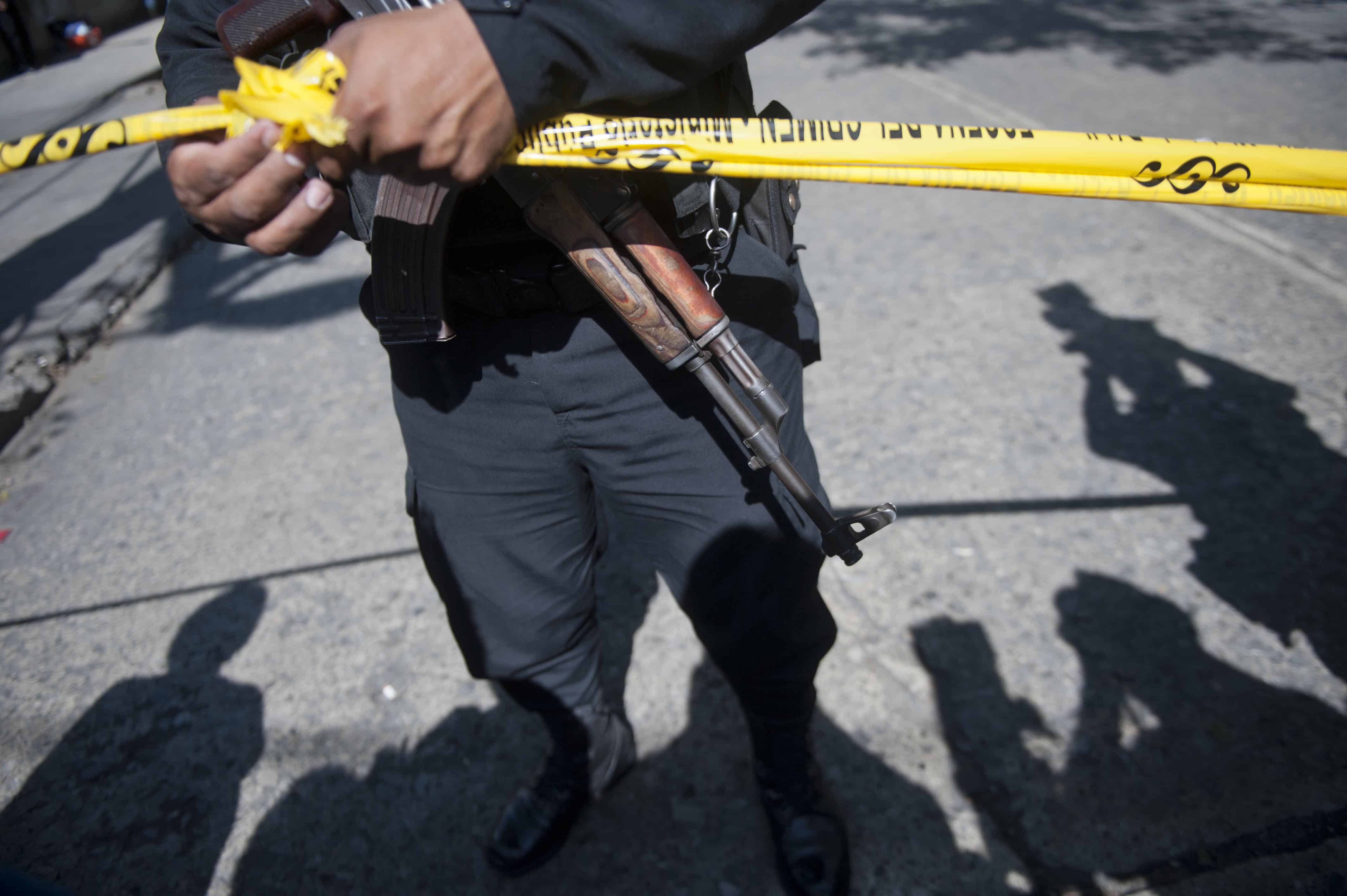A politician from the party of Guatemala’s president-elect, Bernardo Arévalo, was assassinated this Thursday near the border with Mexico, under circumstances that remain unclear.
The attack took place on a road in the indigenous town of San Pedro Necta (west), according to local media.
The victim was identified as Aníbal Ramírez, who in June was a candidate for the municipal corporation of that Mayan town under the banner of president-elect Arévalo’s Semilla Movement.
Mercy Morales, Ramírez’s wife who accompanied him in a truck, was also killed in the attack, as confirmed by Semilla leaders.
“Aníbal was a citizen committed to transforming his community, always using his voice to denounce corruption. Today, damned violence took his life and that of his wife, Mercy,” wrote Semilla’s deputy, Ligia Hernández, on Twitter.
“We from the Semilla Movement demand that the culprits of this horrendous crime be found so that there can be justice for them,” added the congresswoman.
The Semilla party is under investigation by the Public Ministry (Prosecutor’s Office), led by Attorney General Consuelo Porras, for alleged irregularities in the registration of members for its creation in 2017.
The investigations, led by prosecutor Rafael Curruchiche, have been described by the opposition’s Arévalo as an ongoing “coup d’état” to prevent him from taking office next January 14.
Porras and Curruchiche are sanctioned by the United States, which added them to a list of “corrupt” individuals from Central America.
The actions of the Prosecutor’s Office have been rejected by the international community, which has called for respect for the results of the presidential runoff held last August 20, in which Arévalo, with a strong anti-corruption message, defeated former first lady Sandra Torres.
The killing of Aníbal Ramírez is a serious blow to Guatemala’s democracy and to the hopes of the Guatemalan people for a more just and equitable society. Ramírez was a young and dedicated politician who was committed to fighting corruption and improving the lives of his community. His assassination is a reminder of the violence and intimidation that many Guatemalans face, especially those who dare to challenge the status quo.
The fact that Ramírez was killed in the indigenous town of San Pedro Necta is particularly concerning. Indigenous communities in Guatemala have long been marginalized and discriminated against. They are also more likely to be victims of violence and crime. The killing of Ramírez sends a clear message to indigenous communities that their lives are not valued and that their voices will be silenced.
The international community must condemn the killing of Aníbal Ramírez and call on the Guatemalan government to conduct a thorough and impartial investigation. The government must also take steps to protect indigenous communities and other marginalized groups from violence and intimidation.
The killing of Aníbal Ramírez is a tragedy for Guatemala. It is a reminder of the challenges that the country faces in its efforts to build a more just and equitable society. The international community must stand with the Guatemalan people and support their efforts to build a better future.






